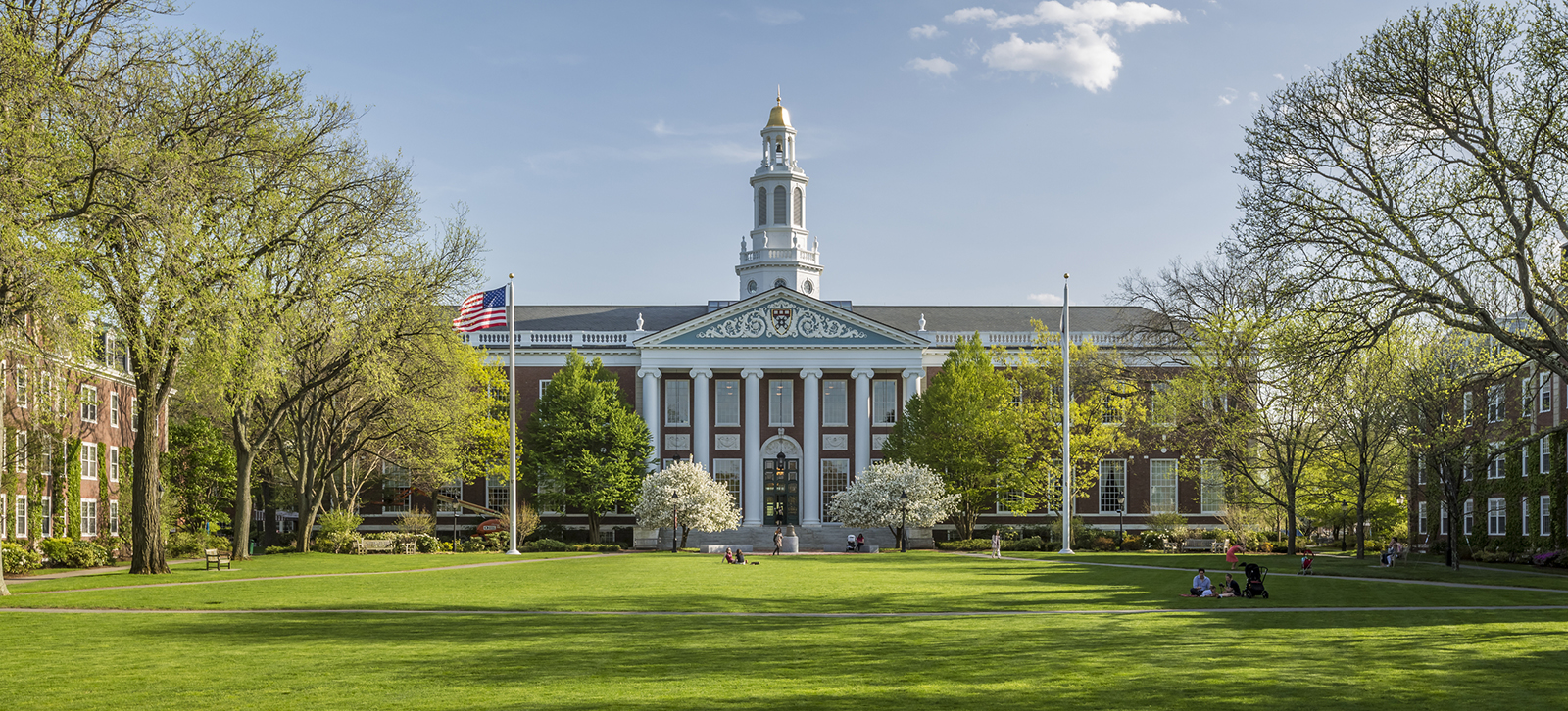
Harvard University announced an expansion of its financial aid program that can make dreams come true for those who want to go to the Ivy League institution, especially for middle-income students.
The university said it’s making Harvard tuition-free for students from families earning up to $200,000 per year, beginning in the 2025-26 academic year.
The new policy, unveiled by Harvard President Alan M. Garber and Faculty of Arts and Sciences Dean Hopi Hoekstra on Monday, marks an effort to provide access to the Ivy League institution for middle-income families.
Students from families earning $100,000 or less will receive full financial coverage, including tuition, housing, food, health insurance and travel expenses. Additionally, those students will receive a $2,000 start-up grant for their first year and a $2,000 launch grant in their junior year to support transition beyond Harvard.
“Putting Harvard within financial reach for more individuals widens the array of backgrounds, experiences, and perspectives that all of our students encounter, fostering their intellectual and personal growth,” Garber said. “By bringing people of outstanding promise together to learn with and from one another, we truly realize the tremendous potential of the University.”
Students from families earning up to $200,000 will receive free tuition, along with additional financial support to address other billed expenses as needed, according to Harvard’s new release. The school said financial aid staff will continue to work closely with students and families to tailor financial packages to individual circumstances, ensuring access for as many students as possible.
“Harvard has long sought to open our doors to the most talented students, no matter their financial circumstances,” Hoekstra said. “This investment in financial aid aims to make a Harvard College education possible for every admitted student, so they can pursue their academic passions and positively impact our future.”
The announcement is the latest from an elite higher education institution offering tuition breaks and comes as the rising cost of higher education has some questioning whether college is worth the price.
Surveys find Americans are increasingly skeptical about the value of a degree, and the percentage of high school graduates heading to college has fallen to levels not seen in decades, according to data from the U.S. Bureau of Labor Statistics.
Yet research still finds that, over time, a degree pays off. Americans with a bachelor’s degree earn a median of $2.8 million during their careers, 75% more than if they had only a high school diploma, according to research from Georgetown University’s Center on Education and the Workforce.
The rising tuition at private institutions — increasing 4% over the past decade — has led several big-name institutions offering similar deals to Harvard’s.
In November, MIT announced students whose families make less than $200,000 will be able to attend tuition-free this fall. Similarly to Harvard, students whose families make less than $100,000 will pay nothing at all. Those income limits are from previous limits of $140,000 and $75,000, respectively.
“The cost of college is a real concern for families across the board,” MIT President Sally Kornbluth said. “We’re determined to make this transformative educational experience available to the most talented students, whatever their financial circumstances. So, to every student out there who dreams of coming to MIT: Don’t let concerns about cost stand in your way.”
UMass announced in October that Massachusetts students whose families make up to $75,000 will be able to attend all four undergraduate campuses tuition-free. The University of Michigan announced in December that in-state undergraduate students whose families have incomes and assets up to $125,000 can attend tuition-free.
Editor’s note: The Associated Press contributed to this report.
Have a news tip? Contact Jamel Valencia at jevalencia@sbgtv.com.


 PREVIOUS ARTICLE
PREVIOUS ARTICLE
